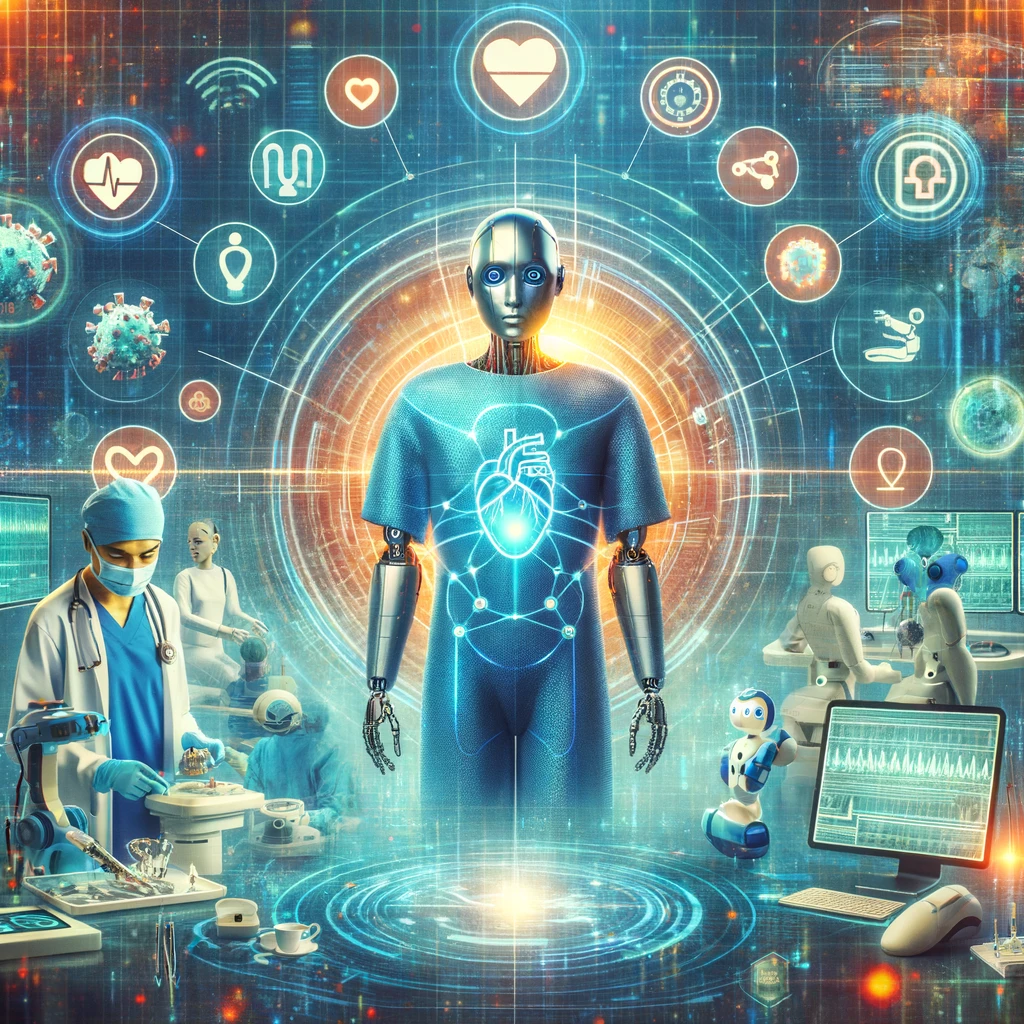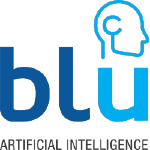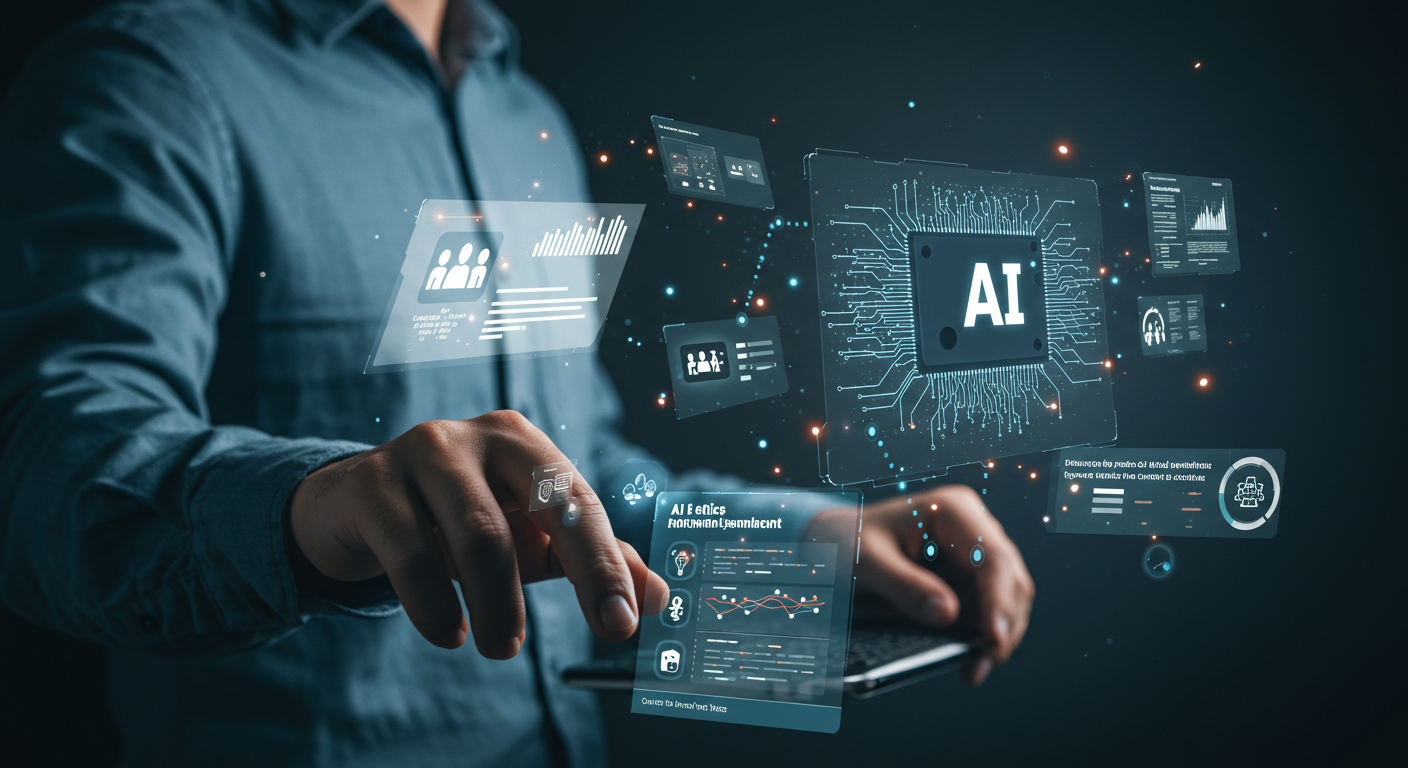
AI in Healthcare: Revolutionizing Industry Practices
Artificial Intelligence (AI) is making significant strides in transforming the [...]
Artificial Intelligence (AI) is making significant strides in transforming the healthcare sector. Its applications range from diagnostic procedures and treatment personalization to operational efficiency and patient care management. This article delves into how AI is revolutionizing healthcare practices, showcasing cutting-edge applications, successful case studies, and predicting future trends.
Cutting-Edge AI Applications in Healthcare
AI’s impact on healthcare is profound and multifaceted, with innovations that include:
- Predictive Analytics for Patient Care: AI algorithms analyze patient data to predict health outcomes, enabling preventive care and personalized treatment plans.
- AI-Driven Diagnostics: Machine learning models assist in diagnosing diseases from imaging data, such as X-rays and MRIs, with greater accuracy and speed.
- Robotic Surgery: AI-enhanced robotics are used in surgeries to increase precision, reduce operation times, and improve patient recovery rates.
- Virtual Health Assistants: AI-powered chatbots and virtual assistants provide round-the-clock health advice and support, improving patient engagement and care continuity.
Case Studies of Successful Implementations
Notable successes highlight AI’s transformative potential in healthcare:
- IBM Watson Health: Utilizing AI for oncology, Watson Health has been aiding in the treatment of cancer by analyzing the medical records of patients and suggesting personalized treatment pathways.
- Google DeepMind Health: DeepMind’s AI technology has been used to detect eye diseases through retinal scans, demonstrating a high level of accuracy comparable to human experts.
Predictions for Future Trends
As AI continues to evolve, the future of healthcare looks increasingly intertwined with technological advancements:
- AI in Genomics: Leveraging AI to analyze genetic data will advance personalized medicine, allowing treatments to be tailored to individual genetic profiles.
- Integration of AI with IoT: The combination of AI and the Internet of Things (IoT) in healthcare devices and wearables will enhance remote monitoring and real-time data analysis.
- AI for Mental Health: The use of AI in diagnosing and treating mental health conditions is an emerging field, with potential for creating more accessible and effective mental health services.
AI is not just an adjunct but a core component of the healthcare sector’s evolution. Its ability to process vast amounts of data and provide actionable insights is revolutionizing industry practices, leading to enhanced patient care, improved operational efficiency, and innovative treatment methods.
The journey of integrating AI in healthcare is ongoing and full of potential. If you’re looking to explore AI applications in your healthcare organization and need a reliable partner, Blu Artificial Intelligence is here to help. Contact us to discover how we can revolutionize your healthcare practices with AI.
Share this article
Follow us
A quick overview of the topics covered in this article.



